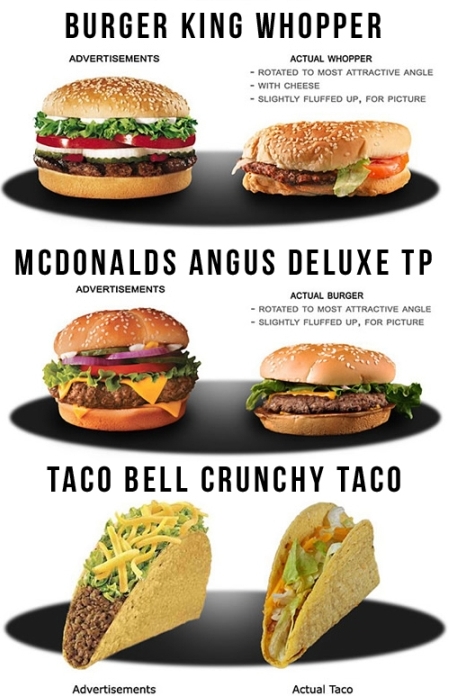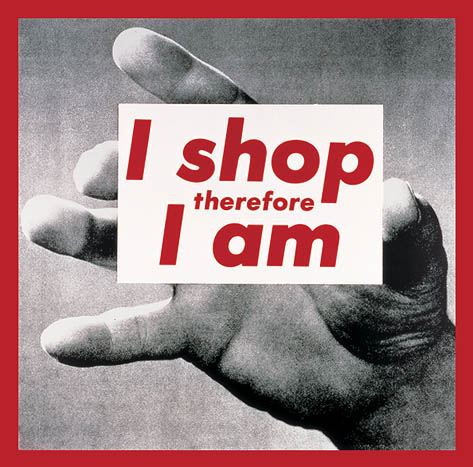Few days ago, a friend of mine went to Wendy's, one of the most famous fast food restaurants. She loves it, however this time the experiences was not good enough since she got really dissapointed. The reason? According to her, the burguer advertised looked more delicious that the one they served to her.
Can you imagine it? I'm pretty sure it had to be something like this...
However, Wendy's is not the only firm which employs these methods in order to persuade the customer. Let's see that most of the companies (fast food restaurants in this case) use what is called
"Deceptive Advertising":
According to the
FTC (Federal Trade Commission) defines "deceptive advertising" as a representation, omission, act or practice that is likely to mislead consumers acting reasonably under the circumstances.
How the customers respond to this?
In order to answer this question I found an interesting article about the consequences of deceptive (or false) advertising in our brains:
http://www.sciencedaily.com/releases/2012/02/120228102011.htm
Info sources:
http://www.ftc.gov/
Image sources:
http://mollyjscanlon.files.wordpress.com/2010/09/wendys_advertised_vs_reality_2008-06-28.jpg
http://www.idaconcpts.com/wp-content/false%20advertisement%20taco%20bell%20burger%20king.jpg#false%20advertising












